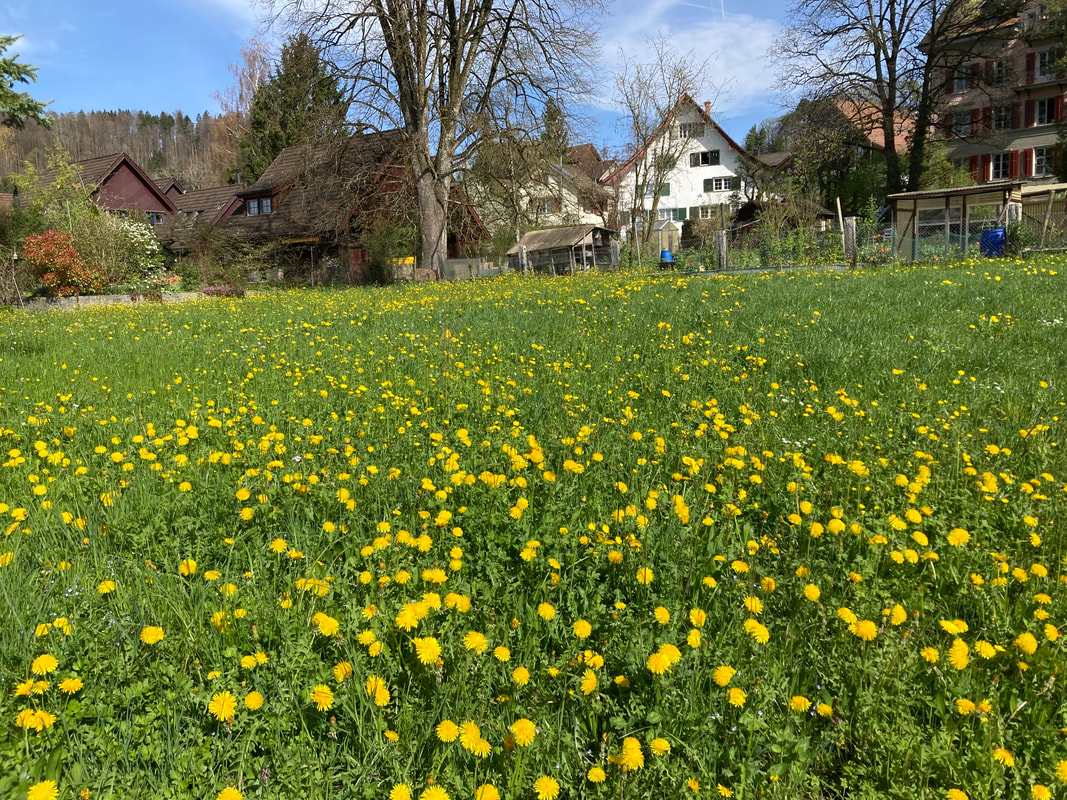|
New research shows that walking in nature is more effective than walking in urban environments at restoring attention and cognitive control.
Nature is good for our health and brain: you have reported on this before, right? Indeed, I have reported multiple times on how nature has been shown to be beneficial to all aspects of health and brain functioning: This is another piece of supporting evidence by Amy McDonnell of the University of Utah. But also interestingly this is an intervention study. What do you mean intervention study? Well, many of these studies have looked at correlations between nature and positive health. But this does not disentangle cause and effect. For example is it the lower stress of those who live closer to nature not nature itself - similarly is it walking in general or walking in nature that is better. So, in this study the researchers gave a task then prescribed two different interventions and measured effectiveness - also using EEG brain measurements. Ok, so what was this study? Amy McDonnell and David Strayer conducted an interesting experiment and one that is more robust than many other similar studies. They ended up collected data on 92 individuals (which is larger than most similar studies). These individuals first of all conducted an attention task to help deplete attention reserves. This was a simple but mentally tiring task of counting backwards from 1000 in steps of 7. Starts of easy but when you get going it becomes tiring quickly and attention quickly slips. They then did a standardised attention test to measure the level of depletion before going for a 40-minute walk. And here lies the difference: about half walked a route through nature, and the other walked through a more urban landscape across parking lots and building. The routes were matched in length and elevation gain. Oh, and what happened? Well, first after this they were wired up to EEG measurement equipment - electrodes on your scalp measuring brain activity. And then given another standardised attention test. Given that they had had 40 minutes to recover with activity (which we know to be good) you may wonder if there was any difference at all? Keep up to date with fascinating research updates and reviews - made readable. Upgrade for more and exclusive content. Upgrade to paid Was there? Yes, there was. There wasn’t much of a difference between alertness and orientation but those that walked in nature showed improved executive control and this was matched by increased activity in the prefrontal cortex - responsible for higher order executive function. Participants also subjectively rated themselves as more recovered. In short the walk in nature was much better than the urban walk. So, it seems to be something specific to nature. What? Yes, the above study, and many others, show that nature itself is what improves executive function (above and beyond rest and exercise), and health, and well-being in general. Many researchers assume it is something baked into our DNA. We after all developed in nature and have this primal connection to nature. But there are all sorts of visual cues and smells - the chemicals released by plants have also been shown to have a positive impact on health and immune system function. It is probably all of the above combined but in short - nature is good for your brain and health. So get into nature! Indeed, another paper recently out by Makram et al. also shows that people in urban areas with more green have better mental health. So get access to green whenever you can But also as a clear strategy to improve cognitive function. A few minutes between meetings with a walk in a park will greatly help your cognitive function - not to be underestimated! by ANDY HAYMAKER Photocredit: Suzie Doscher Comments are closed.
|
Suzie Doscher is a Professional Executive Coach focusing on Personal Development. Located in Zurich, Switzerland. Her approach to personal development is practical and successful.
Suzie is happiest when helping people. Her vision is everyone should have access to techniques for personal growth and development. This was the motivation behind her book. Author |


 RSS Feed
RSS Feed

